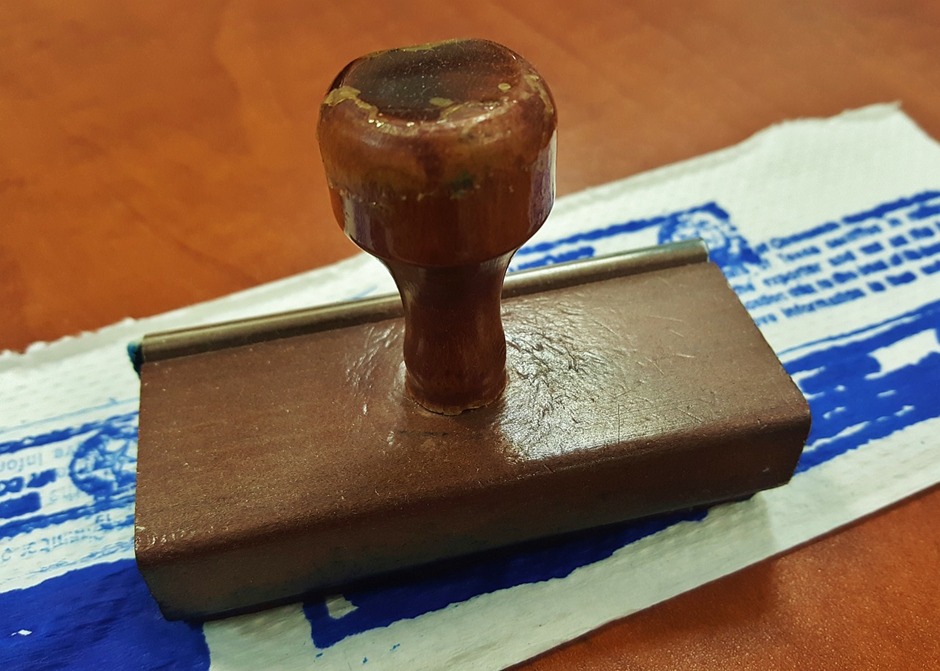
In the world of legal and financial transactions, the role of notaries is crucial in verifying and authenticating documents. To ensure the integrity of notarial acts, many states require notaries to obtain a notary bond, which serves as a form of insurance against potential errors or misconduct. In this article, we delve into the intricacies of notary bonds, exploring their purpose, relevance in contemporary times, popularity, the benefits they offer, key determining factors, and, most importantly, how much does a $5000 notary bond cost.
What is a Notary Bond?
A notary bond, also known as a surety bond, is a form of insurance that protects the public from financial harm resulting from a notary’s errors or misconduct. It serves as a financial guarantee that the notary will fulfil their duties ethically and according to the law. In the event of a claim, the bond provides a source of compensation for those who suffer financial losses due to the notary’s actions.
Furthermore, a notary bond plays a crucial role in upholding the credibility of notarial acts. Beyond its function as a financial safety net, the bond signifies a commitment to ethical conduct, instilling confidence in clients and stakeholders involved in legal and financial transactions.
By requiring notaries to obtain a bond, regulatory bodies and states underscore the importance of accountability within the notarial profession. This commitment to financial responsibility and ethical behavior not only protects the public from potential losses but also contributes to the overall integrity and reliability of the notarial process, reinforcing the vital role that notaries play in authenticating important legal documents.
How is a Notary Bond Used These Days?
Notary bonds are an integral component of the notarial process, providing an additional layer of protection for individuals and businesses involved in legal and financial transactions. Notaries are responsible for verifying the identity of signatories, confirming their willingness to enter into an agreement, and ensuring that the documents are executed in compliance with the law. The notary bond comes into play when there is an alleged mistake or misconduct by the notary, offering a means of financial recourse for those adversely affected.
Is it Popular?
Yes, notary bonds are popular and widely used, as they contribute to the credibility and reliability of the notarial process. The requirement for notaries to obtain a bond is a common practice across the United States, reinforcing the importance of ethical conduct and accountability within the profession. The popularity of notary bonds is a testament to their effectiveness in safeguarding the interests of the public and fostering trust in legal and financial transactions.
Benefits Offered by Notary Bonds
Financial Protection
Notary bonds provide financial protection to individuals and businesses in case they suffer losses due to the notary’s errors or misconduct. This protection is essential in maintaining the integrity of legal and financial transactions.
Legal Compliance
Obtaining a notary bond is often a legal requirement in many states. Complying with this regulation ensures that notaries adhere to ethical standards and conduct their duties with diligence.
Enhanced Credibility
Notaries with bonds demonstrate a commitment to accountability and ethical conduct. This enhances their credibility in the eyes of clients, attorneys, and other stakeholders involved in the notarial process.
Factors Influencing Notary Bond Costs
State Regulations
The cost of a notary bond can vary significantly based on state regulations. Each state sets its own requirements for notaries, including the bond amount and associated costs.
Additionally, variations in administrative procedures and regional surety bond markets contribute to the divergent costs associated with notary bonds, emphasizing the importance for notaries to be aware of and adhere to the specific requirements in their respective states.
This decentralized approach allows states to tailor regulations to their unique legal landscapes while shaping the financial considerations for notaries seeking bonding coverage.
Bond Amount
The bond amount, in this case, $5000, directly influences the cost of the notary bond. Higher bond amounts typically result in higher premiums.
Personal Credit History
The creditworthiness of a notary directly influences the cost of their bond, creating a tiered pricing structure. Notaries with a strong credit history and high credit scores are considered lower risk by surety bond providers. As a result, they are eligible for lower premium rates, reflecting a higher level of financial responsibility.
On the other hand, notaries with lower credit scores may face higher premiums, as they may be perceived as a greater risk. This direct correlation between creditworthiness and premium rates underscores the significance of maintaining good credit for notaries seeking cost-effective options while highlighting the role of financial responsibility in the bonding process.
Bond Term
The term of the bond, which is usually a few years, affects the overall cost. Notaries can choose different bond terms based on their preferences and state requirements.
Are Notary Bonds Expensive?
Notary bonds’ cost varies based on factors such as state regulations, bond amounts, and personal credit history. While not considered exorbitant, the expense can range from $50 to $200 annually on average. State-specific regulations significantly influence these costs, with some requiring higher bond amounts than others.
Notaries with strong credit histories may benefit from lower premiums. Despite the variability, the overall expense is generally manageable, reflecting the importance of notary bonds in providing financial protection and upholding ethical standards in legal transactions.
How Much Does a $5000 Notary Bond Cost?
The cost of a $5000 notary bond varies based on the factors mentioned above. On average, notary bond premiums can range from $50 to $200 per year, depending on the specific circumstances. State regulations play a significant role in shaping these costs, with some states having lower bond amounts and others requiring higher coverage.
It’s important for notaries to shop around and obtain quotes from different surety bond providers. The premiums may also be influenced by the notary’s experience, as more seasoned notaries may be eligible for lower rates. Additionally, maintaining a strong credit history can positively impact the cost of the bond. In need of additional guidance? Reach out to us at Can Do Surety Bonds today.

Frequently Asked Questions
Q1. Why Do I Need a Notary Bond, and What Does It Cover?
A notary bond is essential for notaries as it acts as a form of insurance, providing financial protection for individuals and businesses in the event of errors or misconduct by the notary. It covers losses incurred due to the notary’s mistakes, ensuring accountability and maintaining the integrity of legal and financial transactions.
Q2. How Much Does a Notary Bond Cost, and What Influences the Price?
The cost of a notary bond varies but is generally manageable, ranging from $50 to $200 annually. Factors influencing the price include state regulations, the bond amount (in this case, $5000), the notary’s credit history, and the chosen bond term. Shopping around and obtaining quotes from different surety bond providers can help notaries find the most cost-effective option.
Q3. Are Notary Bonds Required in Every State?
Yes, notary bonds are a common requirement in most states to ensure ethical conduct and financial protection. However, specific regulations, bond amounts, and requirements can vary. Notaries should familiarize themselves with their state’s regulations to comply with the necessary legal obligations.
Q4. How Long Does a Notary Bond Last, and Can It Be Renewed?
Notary bonds typically have terms that range from one to several years. The bond can be renewed by paying the annual premium or as required by state regulations. The flexibility in choosing the bond term allows notaries to align the renewal process with their preferences and state-specific requirements.
Q5. Does My Credit History Affect the Cost of a Notary Bond?
Yes, the notary’s credit history plays a role in determining the cost of the bond. Those with better credit may qualify for lower premiums, reflecting a lower perceived risk. Maintaining a strong credit history is advisable for notaries seeking cost-effective options and underscores the importance of financial responsibility in their professional endeavors.
Conclusion
To conclude, a $5000 notary bond is a critical component of the notarial process, providing financial protection and ensuring ethical conduct in legal and financial transactions. While the cost of notary bonds can vary based on state regulations, bond amounts, credit history, and other factors, their benefits in terms of credibility and risk mitigation are undeniable.
Notaries, as guardians of the authenticity of documents, find value in these bonds as they navigate the complexities of their profession, ensuring that the public can trust in the integrity of their notarial acts. Now that we’re clear on how much does a $5000 notary bond cost, you can connect with us at Can Do Surety Bonds for any additional questions that you might have in mind.
